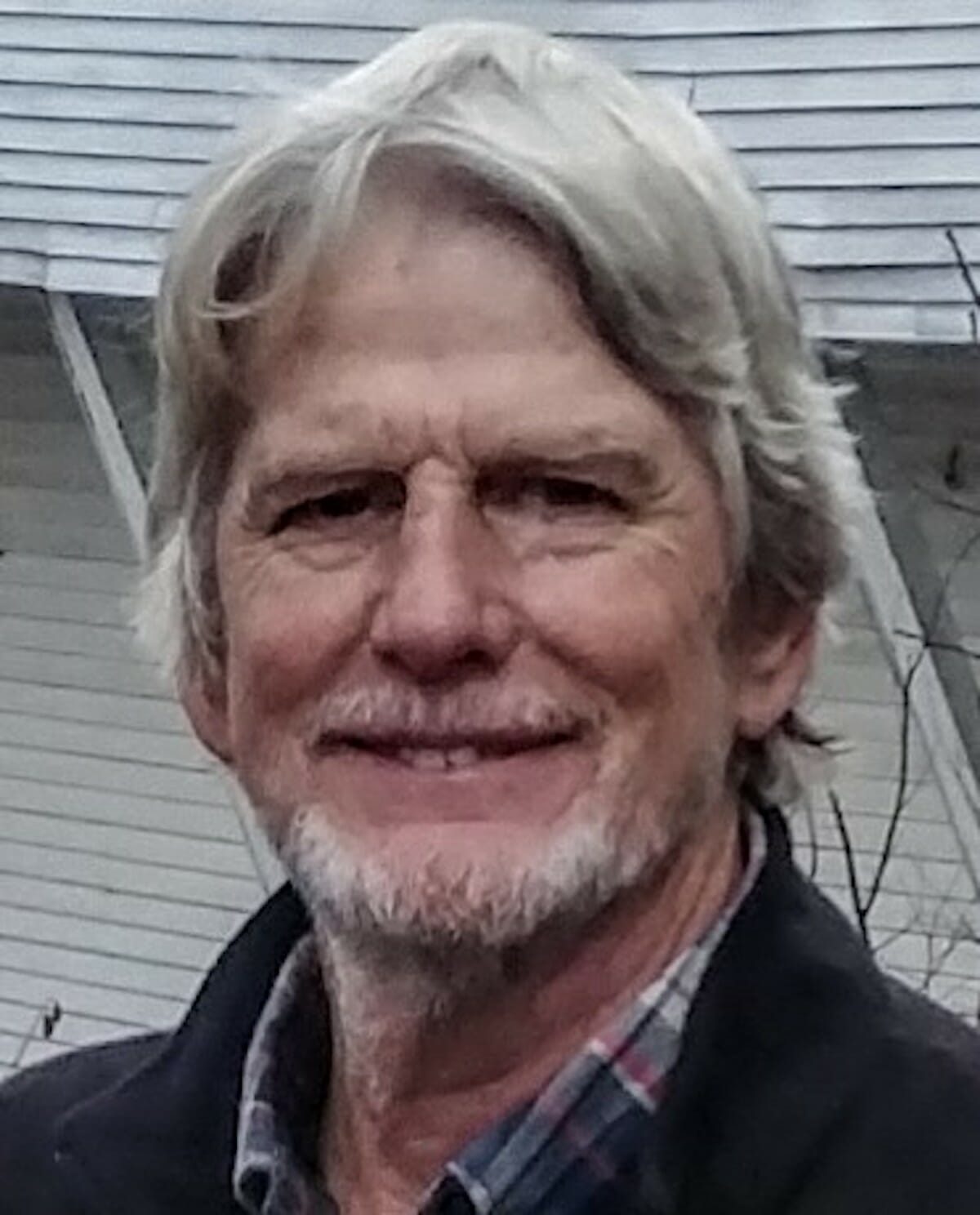It is Friday morning, Dec. 23, and this morning its cold. Our endless summer has finally given way to temperatures that motivate us to find our wool lined Carhartt pants; our two-layered Bean-brand guide shirts.
This morning’s temperature reminds us that the teen-aged soldiers in Ukraine will find their warmth wherever they can. For the next two months some will be content to stand near a barrel of burning diesel fuel. Plans of flanking movements will give way to keeping one’s fingers and toes attached.
Between now and April there will be more meetings at Ramstein Air Force Base in Germany where Ukraine’s Oleksii Reznikov first met with General Lloyd Austin and with other ministers from around Europe.
These men met at Ramstein in April, 2022, where they talked about the deployment of 177 mm Howitzers, the transition to NATO-compatible ammunition and whether or not MREs (Meals Ready to Eat) should be modified to include Ukrainian favorites like stuffed cabbage rolls.
Since that meeting last April, there has euphoria about Ukraine’s ability to fight. But now there is talk of settlement. The Wall Street Journal is saying there has to be “some thinking about what Ukraine will look like when the shooting stops.”
In 1962, Ramstein was a fighter-bomber base where the brand-new F-4 Phantom Fighter was first put into the German sky. From where I lived, I could see these sleek jets streak off the runway at Ramstein gaining altitude as they passed over us at Landstuhl Army Hospital.
I watched those Phantoms but was more interested in the lissome, dark-haired daughter of a supply sergeant. We met every Saturday night at the teen club where the U.S. Army provided a Lysol-scented room; a sofa; a juke box with artists like Patti Page. (“How Much Is That Doggie In The Window?”)
In my late-stage teen-aged years, I had done nothing remotely noteworthy — but was elected president of the Landstuhl Teen Club. With the help of the supply sergeant, I acquired a bus, a bus driver, and permission to visit other teen clubs in Heidelberg and Frankfurt. There we would dance to Wurlitzer’s up-graded with singers like Bobby Day (“Rockin’ Robin”).
Next door to Landstuhl there is a small medieval town called Kindsbach. Beneath that town was a 67-room, 37,000-square foot underground command center that would have taken control and coordinated all NATO fighter jets if war broke out in Western Europe. There were hundreds of computers and hundreds of airmen working underneath the small mountain on which our teen club was located.
I was not aware of the “Kindsbach Cave.” However, I was aware of Vienna and wondered if I could get permission for our army bus to make an overnight trip to Austria. Once again I had to consult with the supply sergeant and explain our unusual fascination with the choral stylings of the Vienna Boys Choir.
Within a 10-mile radius of Landstuhl, there were probably 100,000 combat-ready troops. In those days there was the belief that the Russians were coming through the Fulda Gap, and our troops would, at best, serve as a speed bump. We believed there would be nuclear weapons used by the Soviet Union — and indeed such plans were found in Poland after its liberation from the Soviet Army.
But now I was focused on Barcelona — getting my little bus to the topless beaches of the Costa Brava. And I succeeded in convincing my girlfriend’s father that it was important for us to mingle with Spanish teenagers and learn a little Basque.
In 1962, I was focused on having as much fun as possible before the nuclear apocalypse. I was surrounded by hundreds of thousands of American troops, most of whom were two or three years older than myself, and were focused on maybe 500,000 Soviet soldiers shivering in their T-64 tanks just across the border.
It is clear that Ukrainian teenagers are now fighting our long-deferred war with Russia. Even though the Ukrainians have stopped Putin’s ill-prepared conscripts and his recently released convicts, House Republicans say they will not continue to pay the billion dollar tab. Their reluctance — they also want an audit — will inevitably lead to a demand for peace talks.
Experts predict a Russian offensive as early as February. Most believe there won’t be any serious talks until that offensive plays itself out. Those gains (or setbacks) on the ground will dictate the shape of the new map.
Scott Graber is a lawyer, novelist, veteran columnist and longtime resident of Port Royal. He can be reached at cscottgraber@gmail.com.







